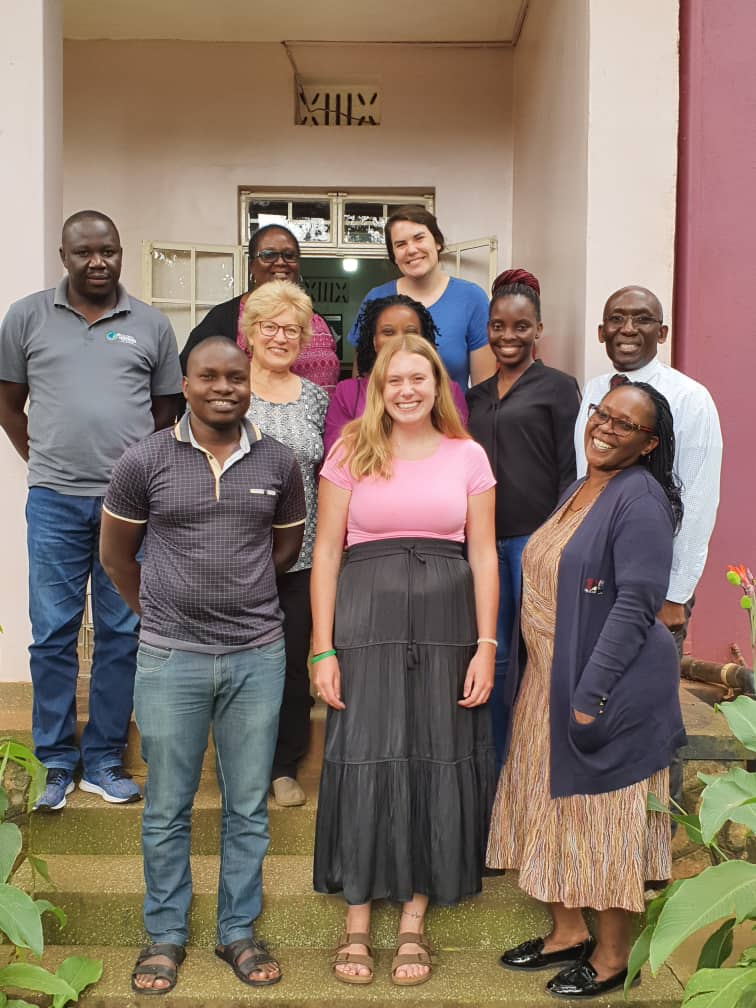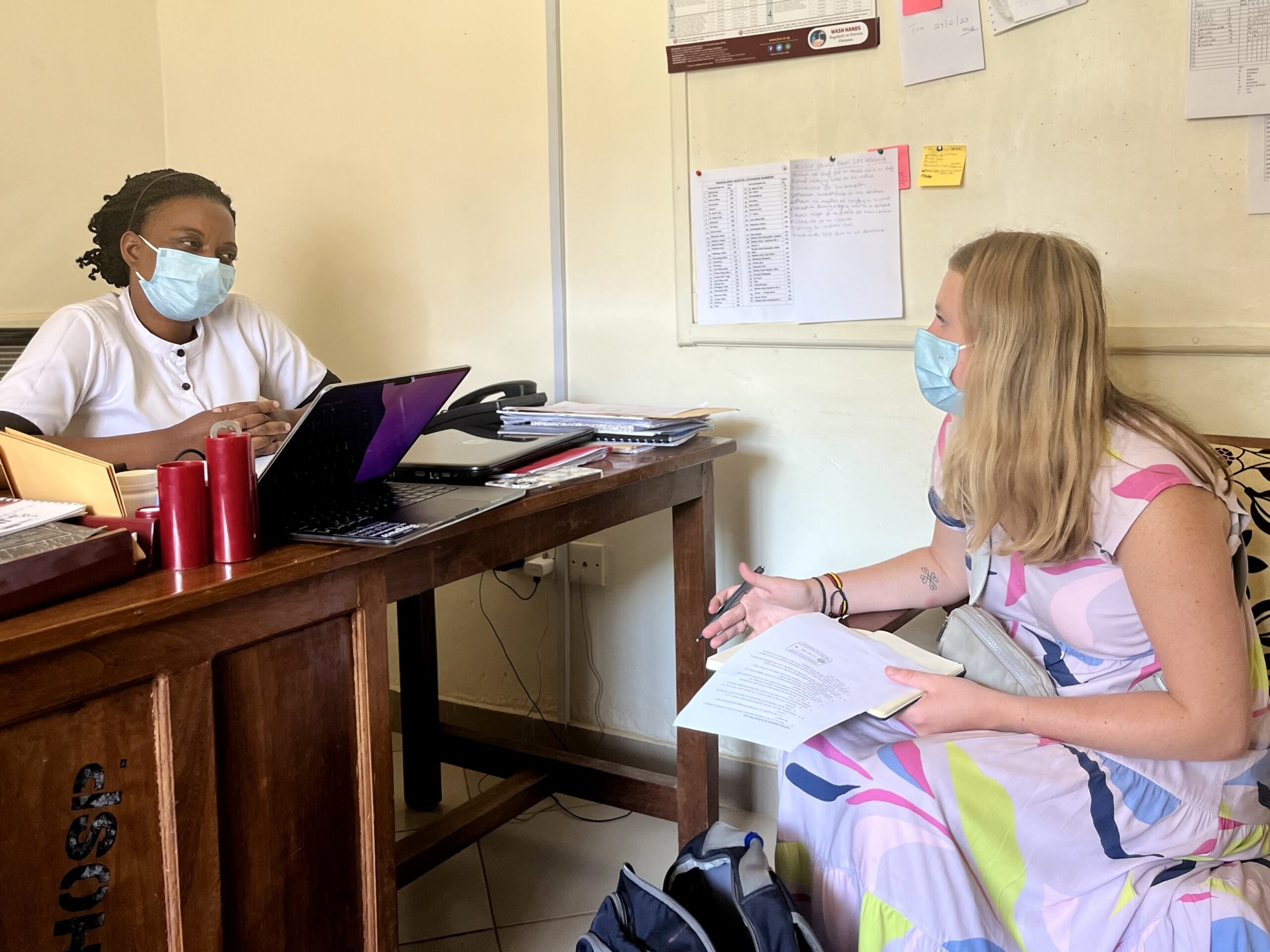APCA had the pleasure of hosting Emily Karalus, a master’s research student pursuing her Master of Science in Global Health at the University of Notre Dame in Indiana, USA. Her internship at APCA ran from May to July 2023, with supervision and support from Dr. Eve Namisango, APCA’s Programmes and Research Manager. Her topic of research, “Assessing Knowledge, Attitudes, and Behaviors about Gender-Based Violence through the Lens of Palliative Care Providers in Africa,” is focused on palliative care providers in the African context.
The United Nations (UN) Declaration on the Elimination of Violence Against Women describes gender-based violence (GBV) as follows: Any act of gender-based violence that results in, or is likely to result in, physical, sexual or psychological harm or suffering to women, including threats of such acts, coercion or arbitrary deprivations of liberty, whether occurring in public or private life.

According to her preliminary study, women and girls that live in low- and middle-income countries are at a higher risk of experiencing gender-based violence. The prevalence of GBV in low-income countries is estimated to be around 22%, significantly higher than the global rate of 13%. While there is existing literature on home-based care and its association with gender-based violence, there is a scarcity of research specifically examining this issue within the context of palliative care patients. Palliative caregivers have expressed low confidence and a lack of training regarding gender-based violence. Therefore, there is an urgent need to enhance their skills in effectively handling and identifying patients who may be experiencing such violence. By doing so, we can ensure better care and support for those affected and contribute to a safer and more compassionate healthcare environment.
Women who have experienced physical or sexual violence are at an increased risk of negative health outcomes which can affect their physical, mental, sexual, or reproductive health. People that are at higher levels of stress, whether its personal or financial, have experience higher risks of gender-based violence. Palliative care providers in these settings have a unique perspective to witnessing potential gender-based violence, since they often work in the homes of their patients.
Read full article - Source eHospice - https://ehospice.com/africa_posts/132268/
Article by : Author: Dianah Hossanah, African Palliative Care Association
